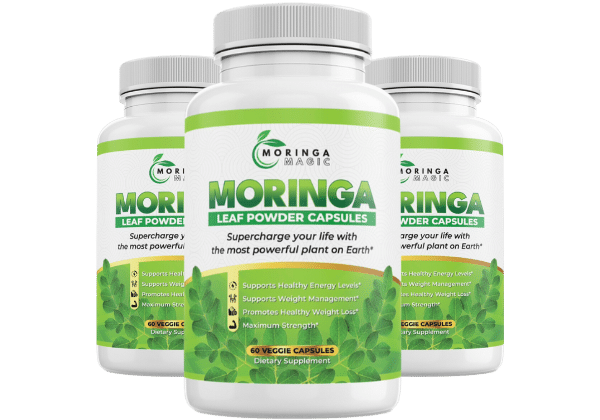A true superfood, packed with vitamins, minerals, antioxidants, and anti-inflammatory compounds.
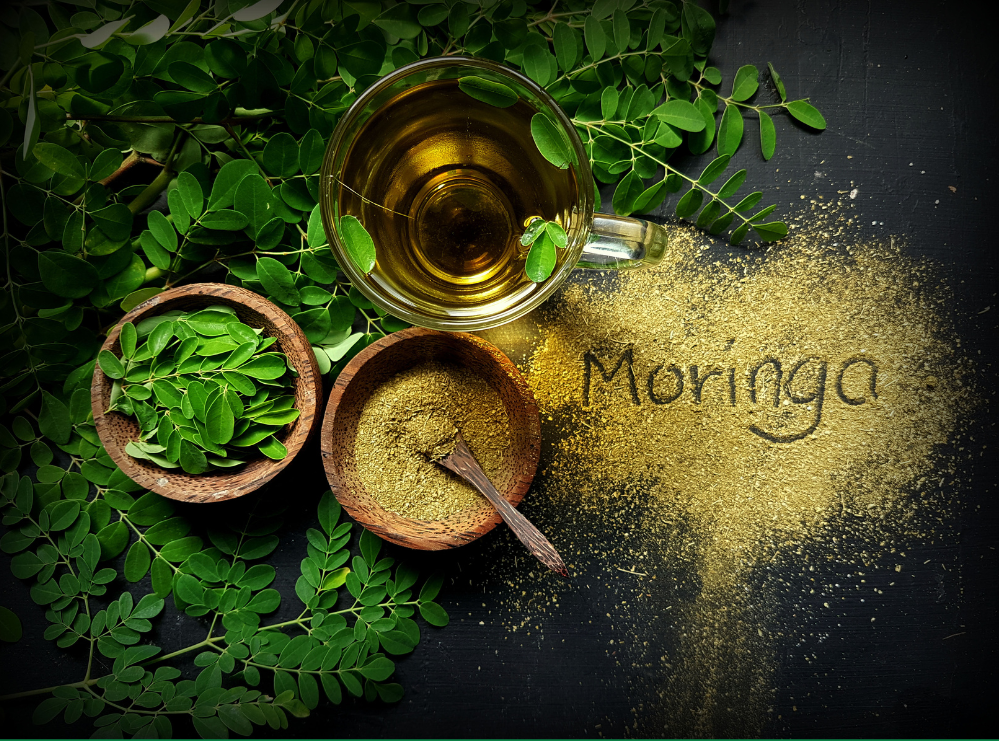
Known as the “miracle tree” moringa (Moringa oleifera) has been celebrated for centuries for its incredible health benefits and nutritional value. Native to parts of Africa and Asia, moringa is a true superfood. Moringa leaves have 7x more vitamin C than oranges and 15x more potassium than bananas. In this post, we’ll dive into the science behind moringa, its health benefits, and practical ways to incorporate it into your daily life.
Nutritional Profile of Moringa
Moringa is an extraordinary source of essential nutrients, making it a staple in many traditional diets. Its leaves, seeds, pods, and even roots are edible, but the leaves are the most nutrient-dense part.
Nutritional Highlights (per 100g of dried leaves):
| Nutrient (Per 100g Dried Leaves) | Amount | % Daily Value | Key Benefit |
| Protein (with all 9 essential amino acids) | 27g | 54% | Muscle repair, enzyme production |
| Vitamin A (present in the form of carotenoids) | 16.3mg | 1800% | Vision and skin health |
| Vitamin C | 51.7mg | 86% | Collagen synthesis, immunity boost |
| Calcium | 2000mg | 250% | Bone health, nerve function |
| Potassium | 1300mg | 28% | Regulates blood pressure |
| Iron | 28mg | 155% | Oxygen transport, energy production, prevents anemia |
| Chlorogenic Acid | 1200mg* | – | Antioxidant, blood sugar control |
* Source: USDA | Estimated from phytochemical analyses.
Science-Backed Health Benefits of Moringa: What Clinical Trials Reveal
🛡️ 1. Fights Oxidative Stress Like a Shield
Moringa is loaded with antioxidants such as quercetin and beta-carotene, which help neutralize free radicals and reduce oxidative stress, linked to aging and chronic diseases. A 2021 Antioxidants journal study found moringa extract reduced oxidative markers by 40% in adults with high stress levels. A study published in Food Science and Human Wellness (2017) highlighted moringa’s high antioxidant activity and its potential in reducing inflammation.
🔥 2. Tames Chronic Inflammation
Chronic inflammation is a root cause of many diseases, including arthritis, heart disease, diabetes, and cancer. Compounds like isothiocyanates and chlorogenic acid in moringa have been shown to suppress inflammatory pathways (Journal of Experimental Pharmacology, 2014). Moringa’s isothiocyanates inhibit NF-kB, a key inflammation pathway. A 2019 Journal of Ethnopharmacology trial showed moringa powder reduced CRP (an inflammation marker) by 30% in diabetic patients.
🩸 3. Stabilizes Blood Sugar Naturally
Moringa can help stabilize blood sugar levels, thanks to its isothiocyanates. A study in Phytotherapy Research (2012) showed that moringa leaf powder significantly reduced fasting blood sugar levels in diabetic patients. A 2020 randomized controlled trial in Nutrients found that 8 weeks of moringa leaf powder:
- Lowered fasting blood sugar by 13.5%;
- Reduced HbA1c (long-term glucose marker) by 1.4%
- Ideal dose: 1–2 tsp daily (consult your doctor if on diabetes meds).
💖 4. Supports Heart Health
Moringa’s high levels of potassium, magnesium, and polyphenols contribute to improved cardiovascular health by regulating blood pressure and reducing cholesterol. A study in Frontiers in Pharmacology (2018) confirmed its cardioprotective effects.
🧠 5. Brain-Boosting Potential
The antioxidants in moringa protect brain tissue from oxidative damage, potentially reducing the risk of neurodegenerative diseases like Alzheimer’s. Vitamin E and C in moringa also support cognitive function. A 2022 animal study in Neurochemical Research showed moringa improved memory in Alzheimer’s models by 50% – human trials are underway.
How to Incorporate Moringa into Your Diet
Moringa is available in various forms, including fresh leaves, powder, capsules, and tea. Here are some easy ways to include it in your meals:
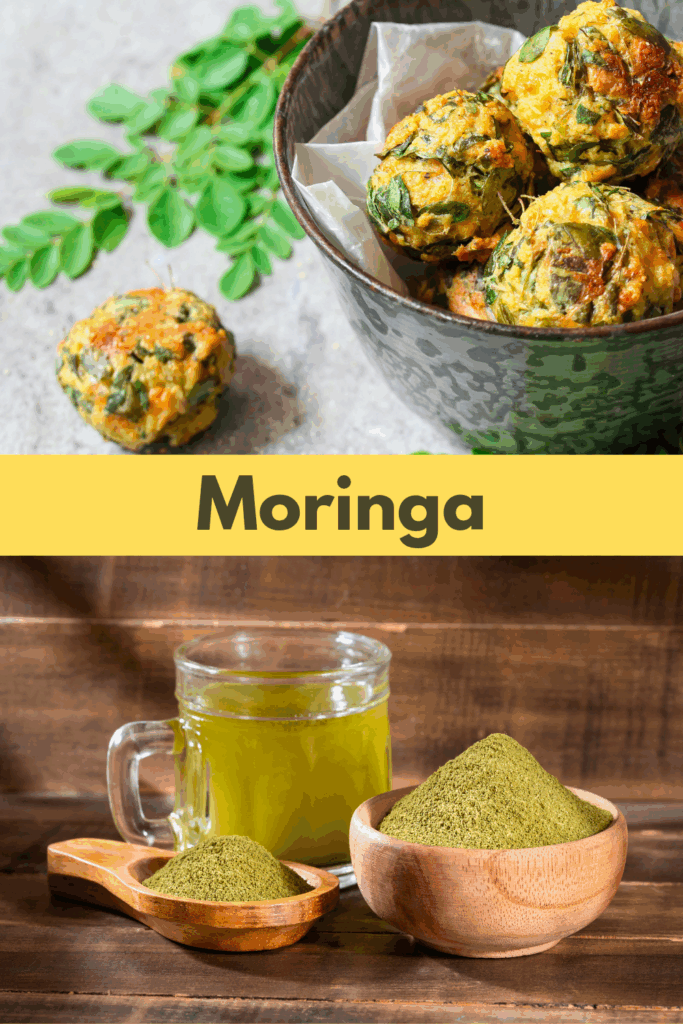
🌿 Culinary Hacks
– Smoothies: Blend 1 tsp moringa powder with pineapple, mango, and coconut milk – the tropical flavors neutralize bitterness.
– Savory Stir-Fry: Sauté fresh leaves with garlic, olive oil, and lemon (popular in Filipino cuisine).
– Soups and Stews: Mix fresh or dried moringa leaves into soups for added vitamins and minerals.
– Salads: Sprinkle moringa powder or use fresh leaves as a topping for your salads.
– Tea: Brew moringa tea by steeping dried leaves in hot water for 5-7 minutes.
– Energy Bites: Try my lab-approved recipe below (no baking required!).
💊 Supplement Smarts
– Powder vs. Capsules: Powder offers versatility; capsules avoid the taste.
– Third-Party Tested Brands: Look for NSF or USP seals to avoid heavy metals.
Recipe: No-Bake Moringa Energy Bites (Lab-Tested for Deliciousness)
Ingredients:
– 1 cup rolled oats (fiber-rich base)
– 2 tbsp moringa powder (start with 1 tbsp if new to the flavor)
– 1/4 cup almond butter (healthy fats enhance nutrient absorption)
– 1/4 cup honey (raw, local for antioxidants)
– 1/4 cup dark chocolate chips (70%+ cocoa for flavonols)
– 1/4 cup chia seeds (omega-3s + crunch)
– 1/4 cup shredded coconut (MCTs for energy)
Steps:
1. Mix all ingredients in a bowl until sticky.
2. Roll into 12 balls (pro tip: wet hands prevent sticking).
3. Refrigerate for 30 mins.
Per Bite: 110 kcal, 3g protein, 4g fiber. Perfect for post-workout or afternoon slumps!
Myths vs. Facts
❌ “Moringa Cures Cancer”: Lab studies show anti-tumor potential, but human evidence is lacking. Never replace treatments with moringa.
✅ “Moringa Supports Lactation”: WHO recognizes its galactagogue effects. A 2020 Breastfeeding Medicine study confirmed it boosts milk supply by **60%** in undernourished mothers.
Safety Check: Who Should Avoid Moringa?
– Pregnant Women: Root extracts may cause uterine contractions; leaves in food amounts are safe.
– Blood Thinners: High vitamin K content could interfere with warfarin.
– Thyroid Issues: Contains goitrogens – consult your endocrinologist.
While moringa is generally safe, excessive consumption can lead to side effects like digestive issues. Always seek advice from your doctor or nutritionist before incorporating moringa into your routine, especially if you have underlying health conditions or are on medication.
The Future of Moringa Research
– Neuroprotection: NIH is funding trials on moringa’s role in Parkinson’s.
– Sustainable Nutrition: NASA studies moringa for astronaut diets due to its space-efficient growth.
Your Turn!
– Tried moringa? Share your favorite recipes!
– Curious about a topic? Ask me to debunk moringa myths in a future post!
In health and curiosity,
M. A. Cidade
You Might Like


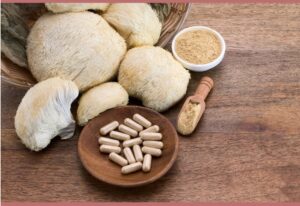
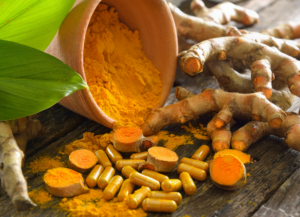
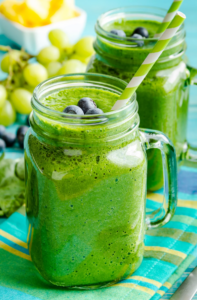
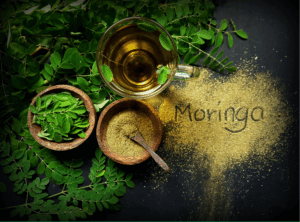
Advertising
Try ProDentim – Advanced Oral Probiotics
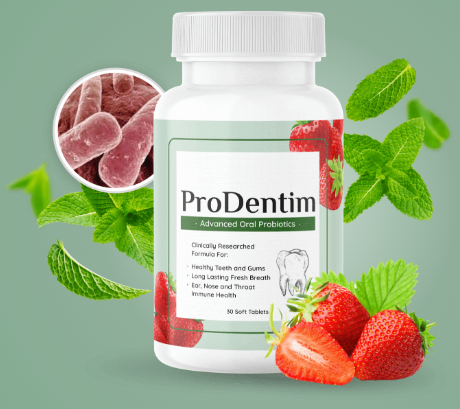
Brand New Probiotics Specially Designed For The Health Of Your Teeth and Gums.
Advertising

